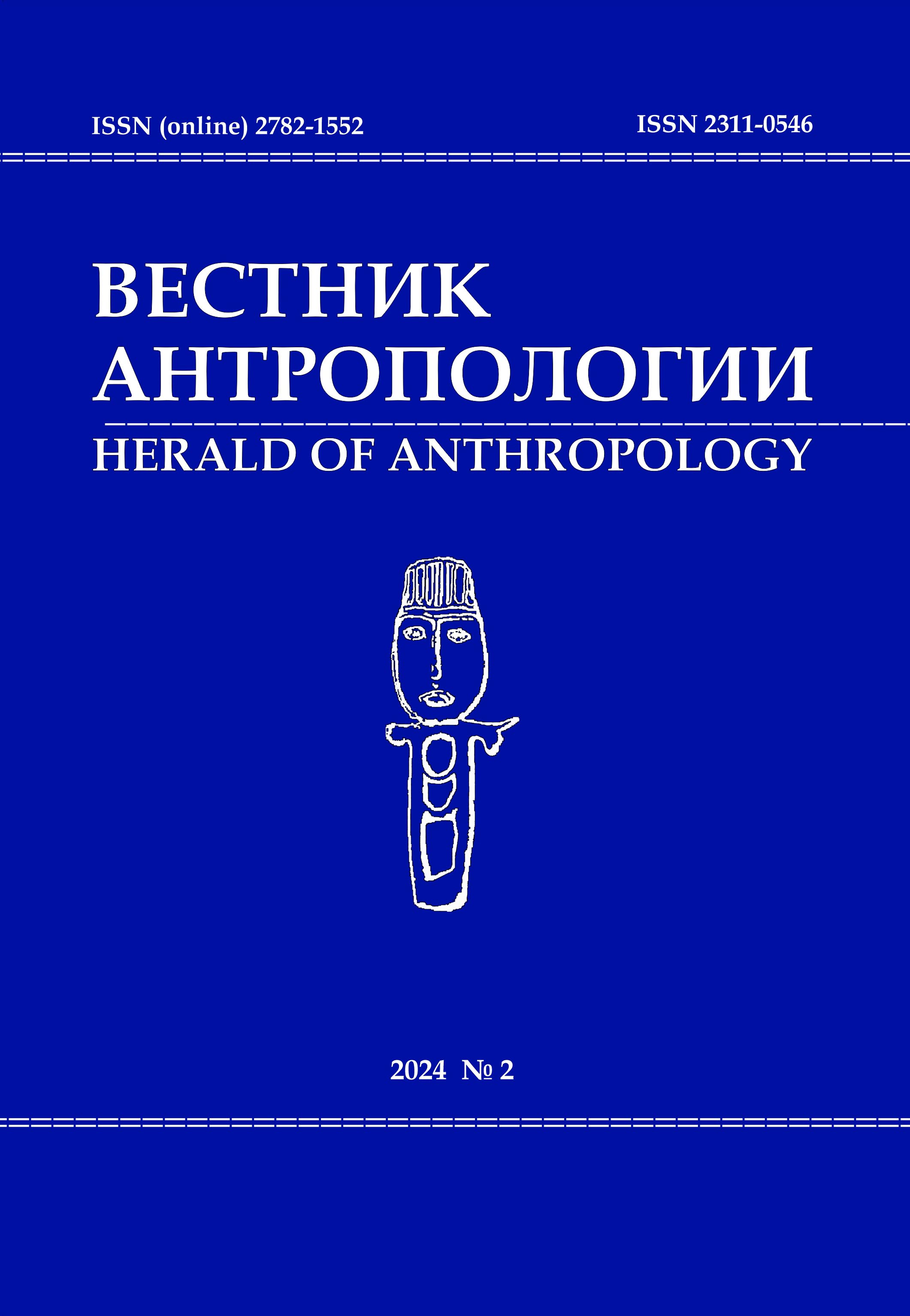Caucasian Studies of the Moscow School of Comparative Linguistics as Remembered by Its Participants
DOI: 10.33876/2311-0546/2024-2/310-321
Keywords:
history of science, comparative and historical linguistics, caucasology, S. A. StarostinAbstract
Throughout the 19th century, comparative and historical linguistics (also known as comparative linguistics) occupied dominant positions in world linguistics. The methodology of this scientific direction aims at reconstructing and comparing known languages, establishing linguistic contacts and connections. In the 1960s, the Moscow School of Comparative Linguistics (also called the Nostratic School), a unique intellectual community that became the world's leading one in the study of distant linguistic affinities, emerged in Russian linguistics. At first, its research focused mainly on the active development of the so-called Nostratic hypothesis, which assumed the kinship of Altaic, Kartvelian, Dravidian, Indo-European, Uralic and Afroasiatic languages. However, Nostratics was not the only interest of subsequent generations of comparativists. Thus, the article presents a scholarly analysis of the theoretical contribution of the Moscow school of comparativism to Russian and world Caucasian studies. Attention is drawn to one of the landmark and, at the same time, controversial ideas of this linguistic school — the Sino-Caucasian hypothesis put forward by the outstanding linguist S. A. Starostin in the 1980s. Verification of this colossal idea required, in turn, first to reconstruct the language families that make up the basic composition of the Sino-Caucasian languages (Sino-Tibetan, North Caucasian and Yeniseian languages). This long and fruitful work resulted in the publication of the Etymological Dictionary of North Caucasian Languages by S. L. Nikolaiev and S. A. Starostin in 1994, which made a certain breakthrough in Caucasian studies. Based on interviews with Starostin's colleagues and close associates (2020–2022) collected by the author, the article describes the history of the idea's origin and its realization, the support and criticism of colleagues, and the public response caused by the proposed classifications.





















